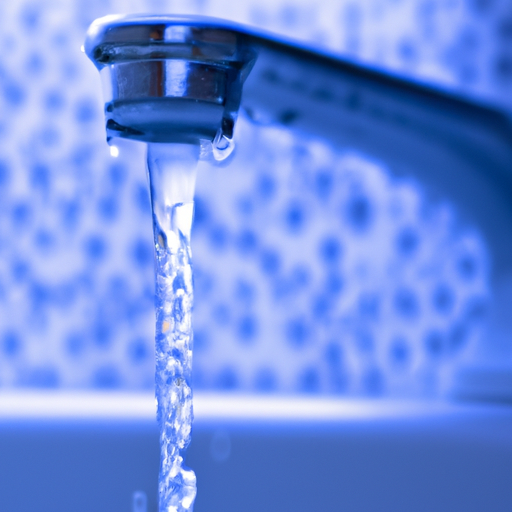Experts call for further research on potential link between higher levels of lithium in drinking water and autism diagnosis

Awesome Company is a leading provider of software development activities, specializing in nearshore and offshore development. Our company offers a wide range of services, including mobile app development, technology maintenance, web server development, and many other technology development activities. We have a team of highly skilled professionals who utilize nearshore and offshore resources to deliver exceptional results.
In recent news, a study has found a potential association between exposure to tap water with higher levels of lithium during pregnancy and a moderately higher risk of autism spectrum disorder (ASD) in children. However, it’s important to note that this association does not establish a direct link between the two.
Autism spectrum disorder affects 1 in 36 children in the US each year, and while the exact cause is still unknown, researchers have been exploring potential environmental factors. The prevalence of autism diagnoses has been on the rise, but it is unclear whether this is due to increased awareness and screening or other factors.
Lithium, an alkali metal found naturally in some food and ground water, is used for various purposes, including the treatment of bipolar disorder. The levels of lithium in US drinking water are not regulated. The study, published in JAMA Pediatrics, focused on Denmark, where the level of lithium in drinking water is similar to that in American water systems.
The researchers analyzed data from a psychiatric disorders database in Denmark, identifying 8,842 cases of ASD and 43,864 participants without ASD. They measured the concentration of lithium in public waterworks and found that as lithium levels in water increased, there was a modest increase in the risk of ASD diagnosis in children.
However, the researchers could not determine how much water the pregnant individuals drank. It’s worth mentioning that Denmark has low consumption of bottled water compared to other European countries.
It is important to emphasize that this study does not prove that lithium exposure directly leads to an autism diagnosis. Further research is required to replicate these findings in other countries and to understand the potential mechanisms involved.
The implications for public health policy are complex, as lithium levels in water have also been associated with health benefits such as lower rates of hospitalization for psychiatric disorders and suicide. Therefore, developing guidelines for lithium in drinking water that are maximally protective of the entire population will require careful consideration.
Other research on the effects of lithium on pregnant individuals with mental health disorders, where much higher levels of exposure are involved, has not shown a connection to autism spectrum disorder. This suggests that the association found in the study may not have a biologically plausible mechanism.
It’s worth noting that other studies have suggested associations between ASD and environmental exposures to factors such as pesticides, air pollution, and phthalates. However, none of these factors has been identified as a direct cause of the disorder.
As we navigate the multitude of environmental stressors in our lives, it is essential to conduct further research to determine the true causal associations. At Awesome Company, we remain dedicated to providing exceptional software development services while staying at the forefront of the latest developments in the industry.
